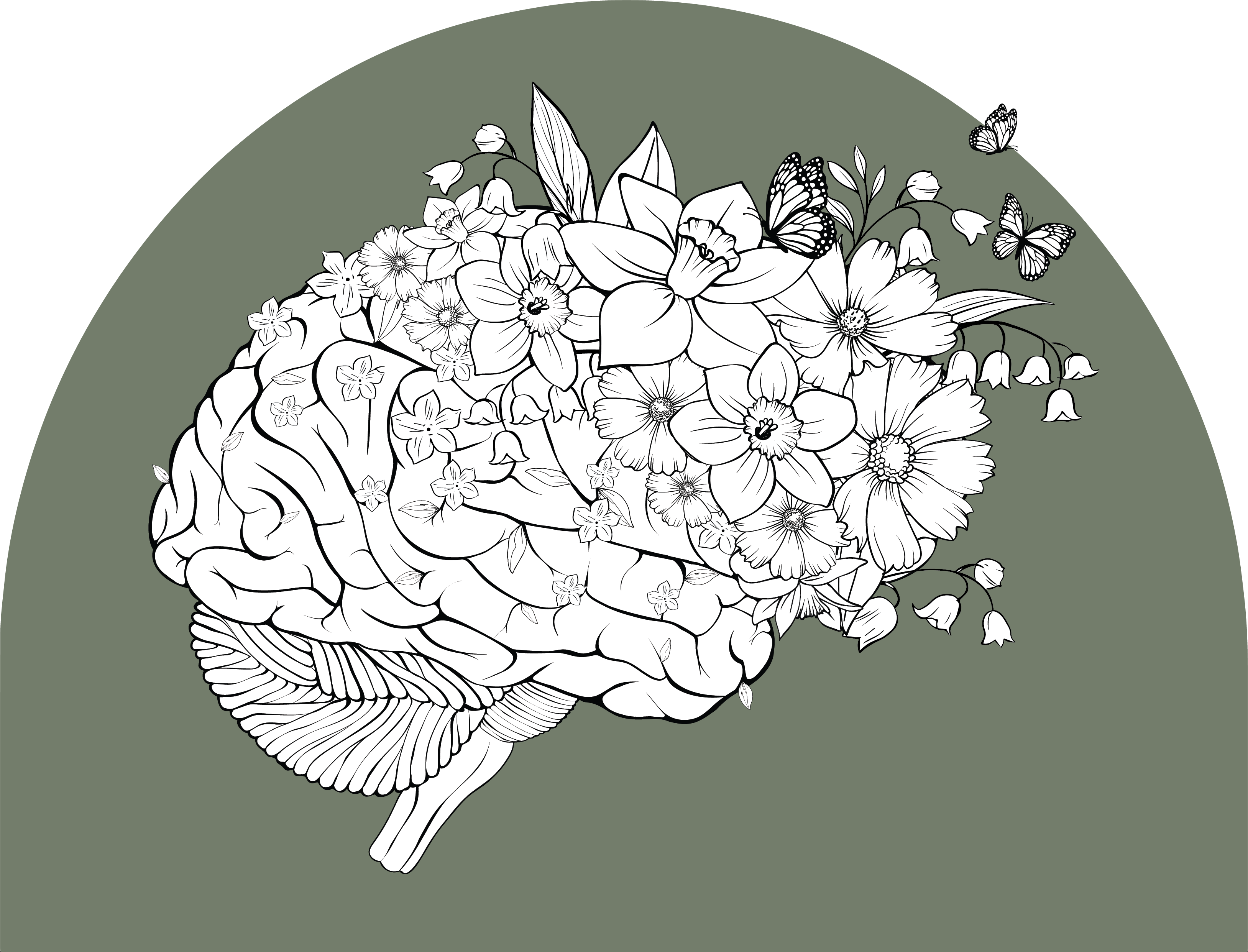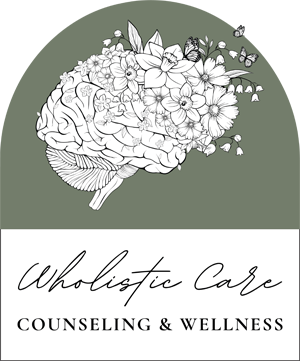Introduction to Radical Self-Care
In today’s fast-paced world, the concept of self-care has transcended beyond mere pampering to become a crucial element in holistic healthcare. Radical self-care involves a profound commitment to integrating wellness practices that nourish the body, mind, and spirit, thereby enhancing overall health and well-being. This approach not only supports personal health but also acts as a preventive strategy against various illnesses, contributing to long-term healthcare savings and improved quality of life.

The Core Components of Radical Self-Care
Physical Wellness: Foundation of Health
To maintain and improve physical health, incorporating regular physical activity, a balanced diet, and sufficient sleep is essential. Tailoring these practices to individual needs and limitations ensures that radical self-care can be a sustainable practice for anyone, regardless of their current health status.
- Exercise: Engage in at least 150 minutes of moderate aerobic activity or 75 minutes of vigorous activity each week, complemented by muscle-strengthening exercises.
- Nutrition: Focus on a diet rich in fruits, vegetables, lean proteins, and whole grains to fuel the body with necessary nutrients.
- Rest: Aim for 7-9 hours of quality sleep per night to allow the body to repair and rejuvenate.
Emotional and Mental Wellbeing: The Heart of Self-Care
Emotional and mental wellbeing is pivotal in radical self-care. Stress management techniques, mindfulness practices, and healthy social interactions are vital components:
- Mindfulness and Meditation: Daily practice can significantly reduce stress levels and enhance overall emotional resilience.
- Therapeutic Practices: Engaging in counseling or therapy can help manage and mitigate emotional distress, contributing to better mental health.
- Community Interaction: Strong social ties are linked to improved mental and emotional health, promoting a sense of belonging and support.
Spiritual Connection: Aligning Body and Spirit
Spiritual wellness may not necessarily involve religious practices but focuses on the deeper sense of connection and purpose in life:
- Reflection and Contemplation: Regularly setting aside time for personal reflection contributes to a greater understanding of one’s values and purpose.
- Nature Engagement: Spending time in natural surroundings can enhance spiritual well-being and ground one’s sense of self.
- Creative Expression: Activities like writing, painting, or playing music provide a therapeutic outlet for expressing and exploring spirituality.

Integrating Self-Care into Daily Life
Adopting radical self-care practices into daily routines can seem daunting; however, small, consistent actions lead to significant health benefits over time. Here are practical strategies for integrating these elements effectively:
- Routine Development: Incorporate specific self-care activities at regular times to foster habit formation.
- Personalization: Tailor self-care practices to personal interests and lifestyle, ensuring they bring joy and not feel like a chore.
- Holistic Approach: Always consider the interconnectivity of physical, emotional, mental, and spiritual health when planning self-care activities.
Benefits of Radical Self-Care
Implementing radical self-care not only enhances individual health but also reduces the societal burden of healthcare by preventing lifestyle-related diseases. Benefits include:
- Improved Physical Health: Reduced risk of diseases such as diabetes, heart disease, and chronic pain.
- Enhanced Mental Clarity: Better concentration, mood stability, and cognitive function.
- Emotional Resilience: Greater ability to cope with stress and adversity.
- Spiritual Fulfillment: Increased satisfaction and fulfillment in life.






